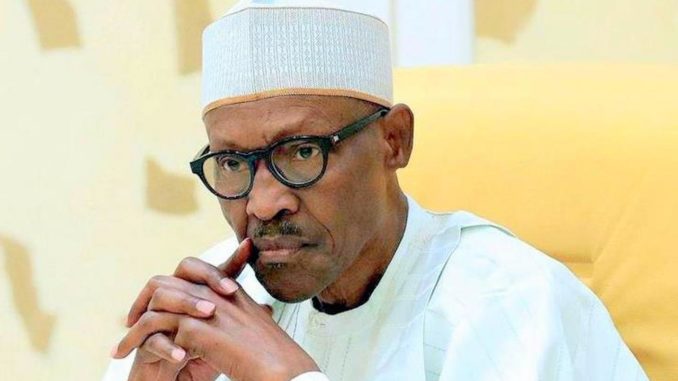
It is indeed a welcome development that both chambers of Nigeria’s National Assembly acted swiftly and in due consideration for the overriding interest of democracy by embarking on the review of the electoral bill for a record fourth time; notwithstanding the haze elicited by the refusal of President Muhammadu Buhari to assent to the amendment bill for the second time. A new harmonised version of the electoral bill which became necessary in view of concerns and observations raised by Mr. President could not have been otherwise in the overall interest of imbuing the electoral process with transparency and as well as enhancing the institutional integrity of the election management body.
It is therefore germane that the President of the Senate, Dr. Bukola Saraki noted, at the passage of the bill by the upper legislative chambers following the adoption of the report by the joint Senate and House of Representatives Committee on the bill, that the passage of the bill had become “almost impossible”; therefore expressing the hope that Mr. President would give his assent when the harmonised version is sent to him.
It would be recalled that the president had earlier in the year withheld assent to the second version of the electoral bill on presumption that the proposed amendments usurp the powers constitutionally vested on the Independent National Electoral Commission (INEC) to order the sequence of elections.
It needs to be reiterated that the refusal of the president to assent to the bill in March 2018 came in the midst of allegations and counter accusations linking the plans by the lawmakers to reorder the sequence of elections with alleged ploy to frustrate Mr. President’s reelection bid. Therefore, expectations that a new electoral law would be enacted soonest to give the required legal backing to the anticipated reforms in the election management process was yet again dampened by cloud of uncertainty when the President withheld assent to the third amendment to the bill in August while the lawmakers were on recess.
Prior to the resumption of the lawmakers from over two months recess in October, there were wild speculations that the decision of Mr. President to withhold his assent may have again set the presidency and the lawmakers on a renewed path of confrontation. Apprehensions that another battle line had been drawn between the legislature and the executive were however not exaggerated considering the simmering frosty relationship between the two arms of government since the inception of the present administration. It is therefore noteworthy that the national assembly opted for a review of the bill with commitment to addressing the concerns and observations raised by the President in his letter notifying the National Assembly about his refusal to assent to the bill.
It is instructive to note that the resolve of the legislators to undertake another review the new electoral bill after it was returned by the president was well considered as it has put to rest unease regarding possible clashes in the event that the legislators decided to override the power of the President. It is therefore our expectation that Mr. President would also reciprocate the disposition of the lawmakers towards consensus on the contending issues in the electoral bill amendment.
Nigerians therefore anticipate timely consideration of the harmonized version of the amendment to the bill by Mr. President. Indeed, the assent of Mr. President has become a matter of utmost imperative as a way resolving the lingering controversies. It is our view that the essence of democracy would have been served if a new electoral law emerges with the anticipated amendments aimed at buoying the intergrity Nigerian electoral system.
The harmonised version of the bill by the National Assembly is expected to have addressed the concerns of Mr. President as it relates to cross referencing error in the proposed amendments to Section 18 and the observation regarding the conflicts in sub-sections 2, (1A), (1B), (2A).
We equally anticipate that the harmonized version has taken into consideration the grey areas identified by Mr. President in the proposed amendment as it relates to Section 87 (14) and Sections 31, 54 and 85 of the electoral amendment bill as it relates to conduct of party primaries as well as nomination of candidates, and submission of candidates names for elections. More importantly, we call on Mr. President to perform its constitutional duty in honour of the expectations of the generality of Nigerians who crave for the consolidation on improvements which the introduction of the Card Reader has brought about on the electoral process.
More than ever before, reform in the electoral process ought to be deepened by enabling laws which the new amendments to the electoral bill anticipate. We therefore call on Mr. President to act dispassionately in meeting the quest for credible electoral process in 2019 by, without further delay, assent to the harmonised version of the new electoral bill.
END

Be the first to comment